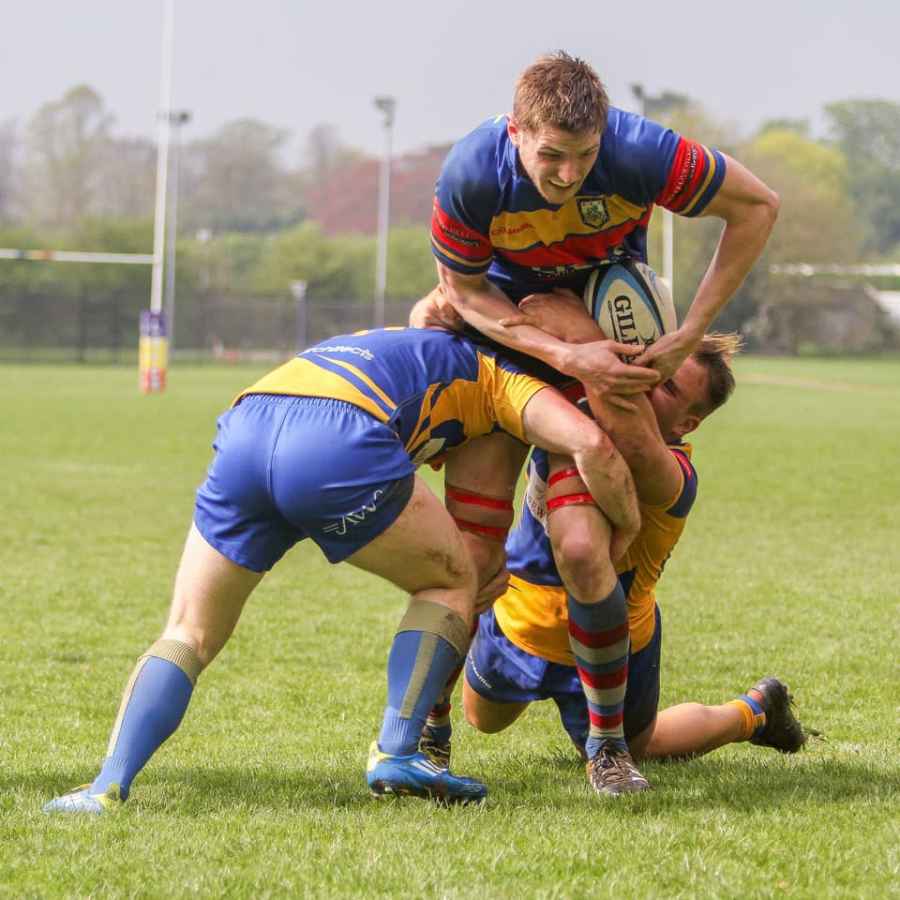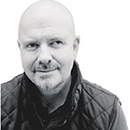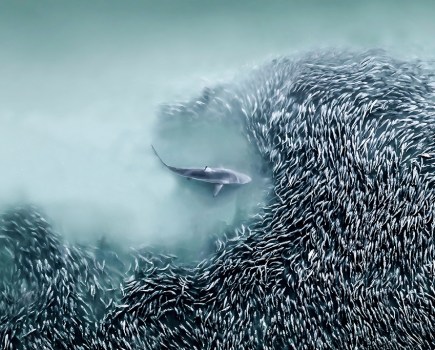Reader Ken Pinfold explains the benefits that he has gained by buying second-hand, rather than new.
Tell us why you bought second-hand?
When I retired,I wanted to spend more time combining my interest in local rugby and music with photographing them. However I soon found that my existing kit ( Canon EOS 40D + EF70-300mm f4-5.6) weren’t up to the job of taking pictures of fast moving people in low light. A local pub music venue is not lit like the O2 nor is my local club floodlit like Twickenham. New kit was simply beyond my budget so with advice from my local branch of LCE, I bought a second-hand Canon EOS 7D and the EF 70-200 f2.8 L Mk1.
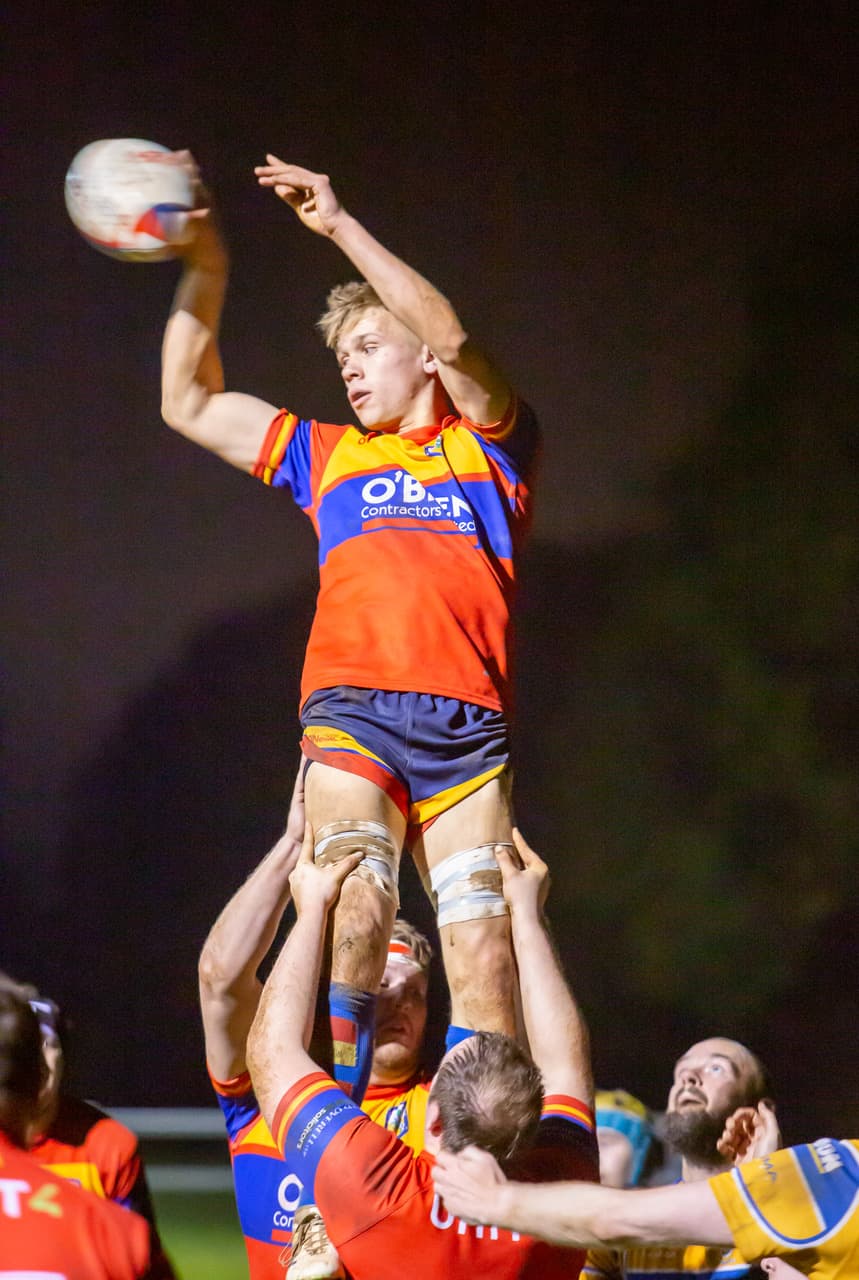
The rapid fire and swift focussing of the 7D with the wider aperture lens enabled me to get shots that would otherwise be impossible . I later added a bit more reach with a 1.4X teleconverter, losing a stop but I remove it if the light deteriorates.

How has the learning curve been?
Close proximity to the action is possible at local gigs and rugby so not too much loss there. I soon learnt to wait for the action to come to me rather than waste time shooting from too far away. Knowing your sport or musicians helps to be at the right place at the right time, getting the best light and background and waiting rather than chasing the action. I have been considering updating to the 7D mkII but in the absence of either local rugby at the moment there seems little point.
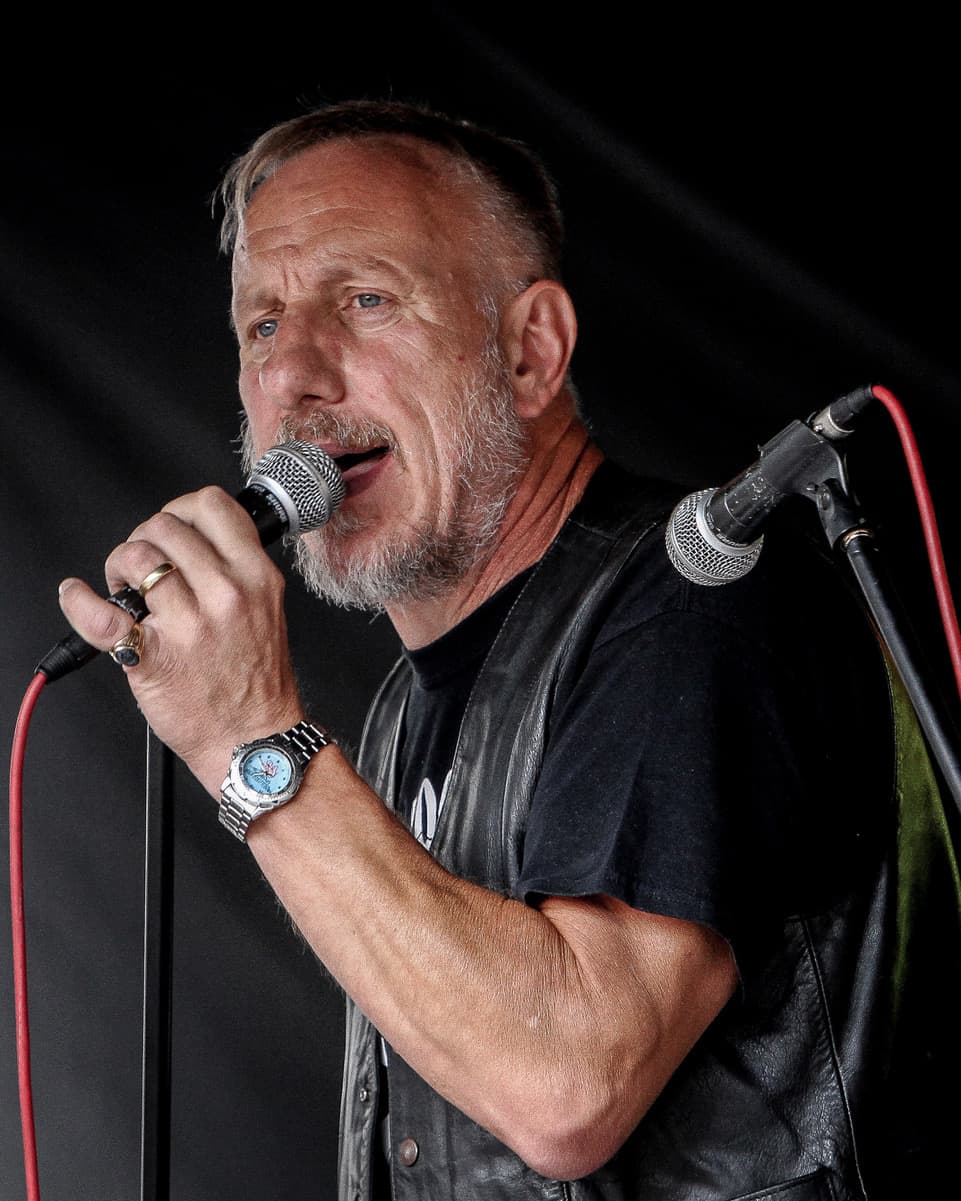
What tips do you have for buying second-hand?
The risk of buying used kit is lessened by buying from a recognised dealer who check condition and shutter count and offer a guarantee to offer peace of mind. The incremental improvement of new products means that just discontinued lines are still very good quality and I would not buy new unless a real step change is made with a new launch.
Further reading
Best second-hand cameras under £500 part 1 and 2
Pros reveal their favourite used lenses

